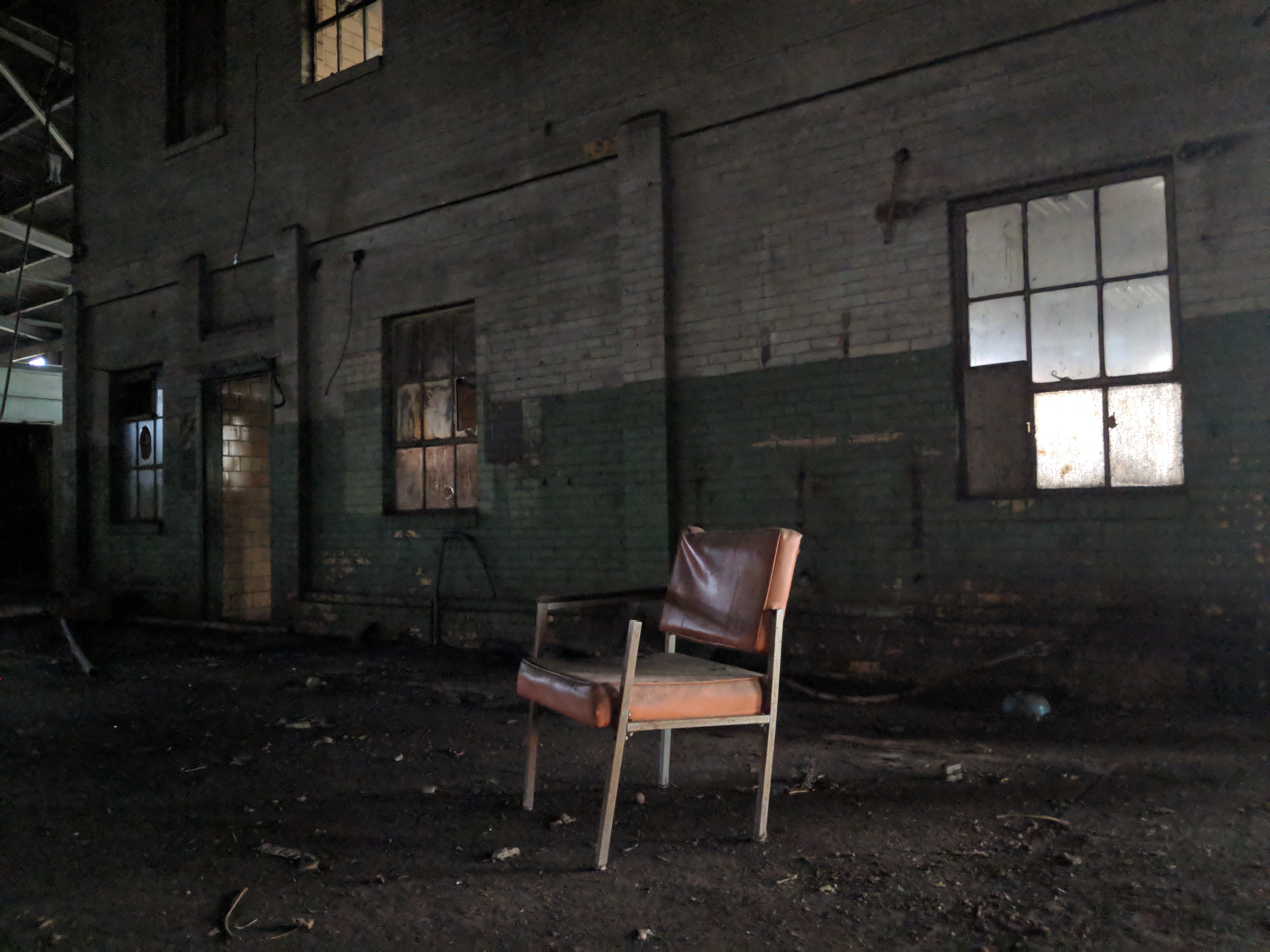
54: Stories of A Facebook Crush

Relational truths are local and personal.
– Dr. Alexandra Solomon
Dr. Alexandra Solomon is currently one of my favorite writers on relationships. More specifically on the practice of relationships.
And all relationships are practice.
Knowing this helps me recognize all relationships are built on experiential learning. We are all practicing and the relationships that grow and thrive over time require intention and a willingness to make, and recognize, mistakes while growing around the wounds.
In other words, the outcome of relationships are the result of a practiced intention over a finite time.

Recently I made a statement on my Twitter thread that I had a FB crush. Like so much of what I write on Twitter, it was intended as a linguistic comma on a particular emotionbal moment.
I never gave the comment a second thought. I’m human. I recognize being attracted to other people is a deeply human behavior. I have good boundaries.
Perhaps, I shouldn’t have said anything?
I’ve been fairly open about my relationship mistakes and history. Anyone that pays attention has a story about my story. Having stories about other people’s stories is also a human quality.
A few days later a friend that knows me well wrote to me asking me questions about why I have a social media crush and how I ended up there.
I interpreted Poet’s questions through a filter of defensiveness. I read the questions as if Poet was alarmed I was betraying Chef, or on some path to previous relationship patterns.
I know I’m not, but I also know my relationship history, and recognize that people have stories about people with a relationship history of making unskillful relationship choices such as choosing infidelity.
After I sat for a few minutes with her questions, and offered a few answers as I understand my relationship truth in this moment. In other words, I provided my relationship truth as I recognize that truth today.
I will even make time to discuss it with the Good Doctor next week because I also recognize all of my choices are made in a silo. The sky I can see from the bottom of my silo is much wider than it was four years ago, but it is still a silo.
When I reread Poet’s questions, and my answers I realize that I suspect she might see the concept of a “FB crush” differently. After all, Poet lives a different life.
My relationship with Poet is important to me. That doesn’t mean I need her to agree with mine. I also don’t need to agree with her relational truths. “I can remember that ATTENDING to [Poet’s] concern,” as Solomon writes, “is not the same thing as AGREEING with [Poet’s] concern.“
I am able to recognize that Poet’s “relational truths are local and personal.” As a result my casual throwaway description of having a “FB crush” might mean something completely different for Poet than it does for me base on her relational truths. In those moments where there is a conflict of perspectives defined by a contrast of experiences I can, as Solomon suggests, “remember this distinction, rather than ‘closing up’ by defending, explaining, or rationalizing.“

When I practice maintaining connection to these distinctions, “I-am-anchored-in-my-worth-and-therefore-able-to-trust-that-I-am-more-that-the-story-you’re-telling-about-my-behavior.” This is not a simple practice after years of being judged, harassed, and ridiculed by people projecting their relational truths on my relationship with Painter and Beatrix. At times, in response I have been more reactive, and less responsive.
As such, I responded as my schedule allowed.
However, in reflecting on Poet’s meaningful questions, I recognized that I was still reactive and suspicious of her motives for asking and I put on a mask as I sought to protect myself from conflict and rejection.
Over a few hours, I realized in my rush to protect the relationship and connection I made assumptions about her questions. More specifically, I made an assumption that we share the same definition of “FB crush.”
We don’t. I just didn’t recognize that until a few hours later.
It was then that I did the “bold and bodacious thing of saying to [Poet], ‘I want to make sure I understand what you’re saying.’“
I asked Poet to tell me what it means to say, “I have a FB crush” and what that means to her.
When I ask this question, what I am really saying is that, “I respect your ‘relational truths are local and personal’ and I want to learn more.“
I cannot learn if I don’t ask. I cannot demonstrate my value for Poet and our relationship if I don’t participate. It is a shallow relationship if there isn’t room for both our relational truths.
Works Cited
“Home – Dr. Alexandra Solomon.” Dr. Alexandra Solomon, 14 Apr. 2021, dralexandrasolomon.com. Accessed 27 Sept. 2021.
Solomon, Alexandra. “Alexandra H Solomon, PhD on Instagram: ‘Relational Truths Are Local and Personal. Our Experiences of Self and Other Are Forever Perceived through the Lens of Our Cultural….’” Instagram.com, 2018, www.instagram.com/p/CUMAFQVsH05/. Accessed 27 Sept. 2021.
“What Is Experiential Learning? – Institute for Experiential Learning.” Institute for Experiential Learning, 4 Aug. 2021, experientiallearninginstitute.org/resources/what-is-experiential-learning/. Accessed 27 Sept. 2021.
You must be logged in to post a comment.